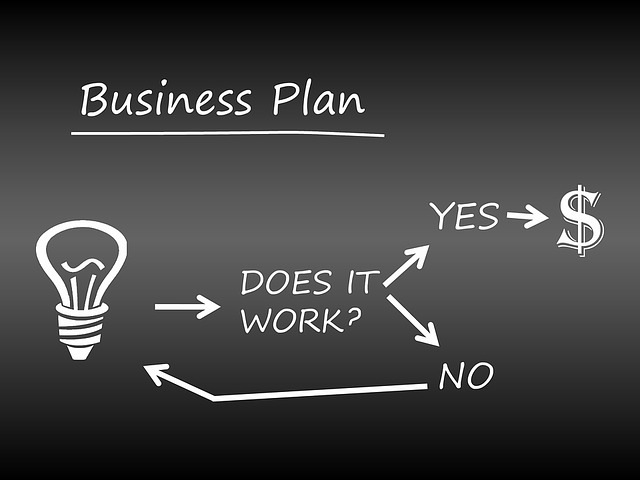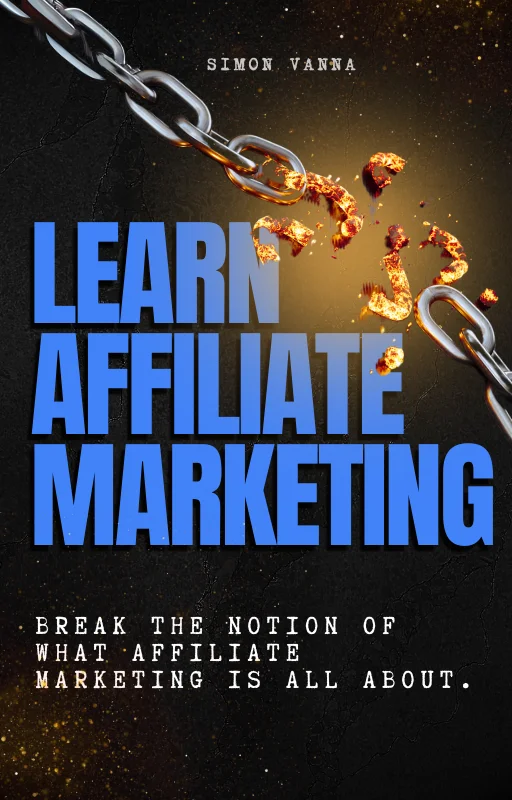A business plan is a powerful tool that helps you define your business vision, strategy, and goals in a concise format. Unlike lengthy traditional business plans, this streamlined version allows you to quickly communicate your idea to investors, partners, and team members while keeping your strategy clear and actionable.
In this guide, we’ll walk through a step-by-step process of how to write a simple business plan that covers everything from your business concept to financial projections.

Why You Need a Simple Business Plan
A one-page business plan is ideal for:
- Entrepreneurs looking for a clear and simple roadmap
- Startups that need to quickly test and refine their business model
- Pitching investors, partners, or banks with a straightforward plan
- Keeping your focus on core business essentials
A short, structured plan forces you to refine your idea and prioritize key business aspects.
Step-by-Step Guide to Writing a Simple Business Plan
1. Business Name and Contact Information
At the top of your document, include:
✅ Business name
✅ Your name (or founding team members)
✅ Contact details (email, phone, website, social media)
This ensures that investors or potential partners can easily reach you.
2. Business Overview (Mission Statement)
Your mission statement should be a one- to two-sentence summary of your startup. It should clearly state:
- What your business does
- Who your customers are
- The problem you solve
- Your unique selling proposition
Example:
“EcoClean offers non-toxic, eco-friendly cleaning services for homeowners and businesses looking for safe, chemical-free solutions.”
This section should be simple yet compelling enough to grab interest.
3. Define the Problem and Your Solution
This is the core of your business. Clearly define:
🔹 The Problem: What is the key pain point your customers face?
🔹 Your Solution: How does your product/service solve this problem?
Example:
Problem: Many people want nutritious meals but lack the time to cook.
Solution: Our meal subscription service delivers pre-portioned, organic meal kits that take less than 20 minutes to prepare.
This section helps investors and customers understand why your business exists.
4. Identify Your Target Market
Define your ideal customer by considering:
- Demographics (age, gender, income, location)
- Psychographics (values, interests, pain points)
- Buying behavior (where they shop, how they make purchasing decisions)
Example:
“Our target market consists of busy professionals aged 25-45 who want convenient, healthy meals but lack the time to cook.”
Be specific—knowing your audience helps shape your marketing strategy.
5. Describe Your Product or Service
Explain your product or service in a way that highlights its benefits rather than just features.
✅ What is it?
✅ How does it work?
✅ What makes it different from competitors?
Example:
“Our subscription-based platform delivers freshly sourced, organic meal kits with easy-to-follow recipes, making healthy eating effortless.”
6. Business Model (How You Make Money)
Describe your revenue model in simple terms:
- Direct product sales?
- Subscription model?
- Freemium with upsells?
- Licensing fees?
Example:
“We operate on a monthly subscription model where users pay $49.99/month for weekly meal kit deliveries.”
This section shows how your business generates income.
7. Competitive Advantage
What sets your startup apart? Consider:
✔️ Unique features
✔️ Price advantage
✔️ Strong customer service
✔️ Exclusive partnerships
Example:
“Unlike competitors, our meal kits use 100% locally sourced organic ingredients and are delivered in biodegradable packaging.”
Show why customers should choose you over competitors.
8. Key Goals and Milestones
Set SMART goals (Specific, Measurable, Achievable, Relevant, Time-bound).
Short-Term Goals (3-6 months):
- Launch website and mobile app
- Secure 500 paying customers
- Partner with 3 local farms
Long-Term Goals (1-2 years):
- Expand delivery nationwide
- Generate $500,000 in annual revenue
- Secure funding from investors
Setting milestones helps track progress and measure success.
9. Marketing Strategy (How You’ll Attract Customers)
Your marketing plan should highlight the channels you’ll use to reach customers.
🚀 Social Media Marketing – Facebook, Instagram, TikTok, LinkedIn
🎯 Paid Advertising – Google Ads, Facebook Ads
📝 Content Marketing – Blog posts, videos, email newsletters
🤝 Partnerships – Influencer collaborations, strategic brand alliances
💬 Referral Programs – Word-of-mouth incentives for customers
Example:
“We will run Instagram and TikTok ad campaigns, collaborate with influencers, and use email marketing to nurture leads.”
This section ensures you have a solid plan to grow your customer base.
10. Basic Financial Projections
Outline the key financial figures investors care about:
💰 Startup Costs (Website, inventory, marketing)
💰 Monthly Expenses (Rent, salaries, tools, advertising)
💰 Projected Revenue (Year 1)
Example:
| Expense Type | Cost Estimate |
|---|---|
| Website Development | $3,000 |
| Initial Inventory | $5,000 |
| Marketing & Ads | $2,500 |
| Operating Costs | $4,000/month |
| Projected Revenue (Year 1) | $200,000 |
A simple financial breakdown reassures investors that your business is viable.
11. Key Partners & Resources
Identify critical partnerships and resources that will help your startup succeed.
🏭 Suppliers – Manufacturers, raw material providers
🚚 Distributors – Logistics, warehousing
📈 Advisors/Mentors – Experts who guide your strategy
🔧 Essential Tools – Shopify, CRM software, analytics
Example:
“We partner with local organic farmers to source fresh ingredients and use Shopify for e-commerce sales.”
This section shows how you’ll sustain and scale operations.
Additional Tips for a Winning One-Page Business Plan
✔️ Keep It Concise – Stick to one page; use bullet points for clarity
✔️ Use Plain Language – Avoid jargon; make it easy to understand
✔️ Be Specific – Provide numbers, goals, and clear strategies
✔️ Update Regularly – Adapt your plan as your business grows
Final Thoughts
A one-page business plan is an essential tool for any startup. It keeps you focused, helps communicate your vision, and serves as a foundation for scaling your business.
💡 Ready to create your simple business plan? Start drafting today and turn your idea into reality! 🚀
Frequently Asked Questions (FAQs)
❓ Can I use a simple business plan to get funding?
✔️ Yes! Investors appreciate concise, clear plans. If they need more details, they’ll ask for them.
❓ How often should I update my simple business plan?
✔️ Every 3-6 months, or whenever your business direction changes.
❓ What’s the biggest mistake to avoid when writing a simple business plan?
✔️ Being too vague. Make sure each section provides specific details and actionable strategies.
❓ Is a simple business plan enough for a startup?
✔️ It’s a great starting point, but as you grow, you may need a full business plan for investors or expansion.
❓ Are there templates available for simple business plans?
✔️ Yes! You can find free templates online or create your own using the structure in this guide.
For more in-depth insights, check out our blog, where we have additional articles you may find interesting.
Need a template or to view examples? Either visit our free offers page to check out our detailed business plan or visit our Business Plan page for a single page template.
Want to design yout own instead? We suggest Canva where you can add your own artistic flare to your own design.











